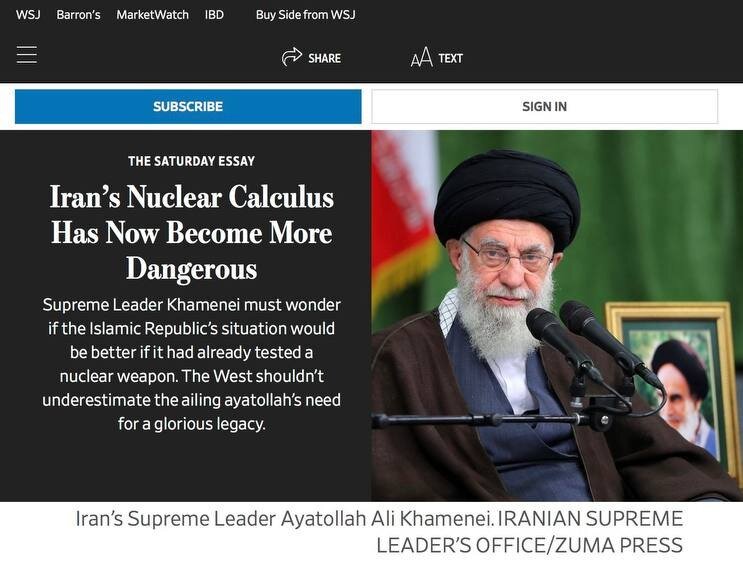A war with Iran is not going to happen

TEHRAN - If you are a committed Zionist who is deeply disturbed by Iran's attack on the occupied territories and Israel's lackluster response to it, you may be inclined to launch a new propaganda campaign to convince the West of the urgent "need" to confront Iran.
The successful Iranian attack against Israeli positions on April 14 kept the entire region on its toes for over 5 hours. This occurrence could have been the perfect chance for Zionists to finally launch the devastating assaults they had been dying to hit Iran with. But perhaps even to Iranians' surprise, all Israel could do was further humiliate itself by launching a "missile attack" that later got reduced to "limited" action conducted by MAVs once it became clear the regime had failed miserably at striking positions inside Iran.
While this failure may have eased tensions for Western states trying to avoid a war with Iran, it served as a wake-up call for Zionists as it made them realize that Israeli threats against Iran have been a bravado all along. Even worse, Iran's new conditions for the regime have signaled an end to the "Death by a thousand cuts" strategy, and Israel's newfound reliance on the West means the regime now has less room to act recklessly.
In an unprecedented situation like this, the only option left for Zionists is to come up with something new that would provoke the West into a conflagration with Iran. However, much to their dismay, it seems they are left with the same good old narratives that are are unlikely to prove persuasive.
One of these attempts at finding new grounds for war with Iran could be seen on the Wall Street Journal on April 20. A longtime advocator of direct American strikes on Iran with deep links to AIPAC came hand in hand with an Iranian oppositionist to warn the West about a grim future in an article titled "Iran's nuclear Calculus has now become more dangerous".
The article contains remarkably fresh falsehoods, even when considering its source as Zionists. It draws a parallel between Tehran's alliances with regional resistance groups and Britain's colonial rule in West Asia. The authors, however, fail to explain how the British regime's history of violence, oppression, and exploitation in Arab nations equates to Iran's logistical backing of anti-colonial movements.
In a desperate attempt to blame everything on Iran, the article then miraculously condemns Iran for the Al-Aqsa Storm operation as well as the devastating effects of the war in Gaza. It argues that while Iran may have not "greenlighted" the October 7 Palestinian operation, it surely benefits from Israel's prolonged killing campaign in Gaza, while purposefully omitting Tehran's diplomatic endeavors to halt the violence in the besieged region over the last seven months.
The only thing the authors don't blame on Iran is Washington's vetos of the UN Security Council resolutions advocating for peace in the war-stricken enclave.
After demonizing Iran as the root of instability and all evil, the article suggests that the country may be contemplating the development of nuclear weapons. It highlights statements from the IRGC about potentially altering Iran's nuclear doctrine without acknowledging that these remarks were made in response to Israel's feared preparations for an attack on Iranian nuclear sites. The article also fails to mention that Iran's concerns were valid, given the Israeli strike on April 19 that appeared to target the Natanz nuclear facilities. It then talks about how the latest Israeli attack on Iranian soil may have amplified the Leader of the Islamic Republic's predilection for nukes.
Why the West won't be fooled
It has now become evident that Iran does not need nuclear weapons to protect itself against Israel and the regime's failed attack on Iranian territory perfectly encapsulates that.
The West also knows that Iran does not have the willingness to go nuke, as the country agreed to ink the JCPOA and even despite the West's full violation of the pact, did not fully abandon it.
If the West one day concludes that Tehran might pursue nuclear weapons, it can take far easier paths to stop that process. Instead of launching an attack against Iran and plunging the entire region into chaos, Western states can simply return to the JCPOA, and save their dollars for their more important conflicts Russia and China.
Leave a Comment